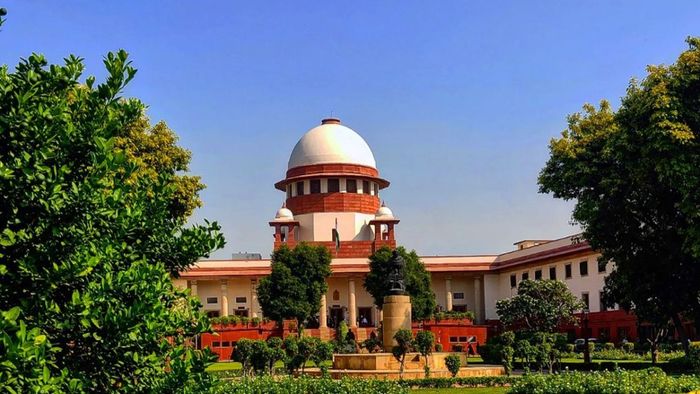Supreme Court affirms maintenance rights for divorced Muslim women under CrPC section 125
In a landmark decision, the Supreme Court has affirmed that divorced Muslim women have the right to claim maintenance under Section 125 of the Criminal Procedure Code (CrPC), solidifying their entitlement to financial support from their former husbands.

- Jul 10, 2024,
- Updated Jul 10, 2024, 11:50 AM IST
In a landmark decision, the Supreme Court has affirmed that divorced Muslim women have the right to claim maintenance under Section 125 of the Criminal Procedure Code (CrPC), solidifying their entitlement to financial support from their former husbands.
The ruling came in the case of Mohd Abdul Samad vs State of Telangana and anr, where Justices BV Nagarathna and Augustine George Masih delivered separate but concurring judgments, upholding the Telangana High Court's order for the petitioner to pay Rs 10,000 in interim maintenance to his ex-wife.
Justice Nagarathna, in her verdict, emphasized, "Section 125 CrPC applies universally to all women, not just married ones," thereby dismissing the appeal. This decision echoes the historic 1985 Shah Bano case, which first recognized the applicability of Section 125 CrPC to Muslim women before the enactment of the Muslim Women (Protection of Rights on Divorce) Act, 1986. The validity of the 1986 Act was upheld in 2001.
The case originated from a Family Court directive requiring the petitioner to pay ₹20,000 per month in interim maintenance, later reduced to Rs 10,000 by the High Court. The petitioner argued against the application of Section 125 CrPC, contending that the 1986 Act provided more beneficial terms for divorced Muslim women. The appeal to the Supreme Court was prompted by the High Court's modification of the maintenance amount and its order for the Family Court to expedite the case within six months.
Central to the petitioner's argument was the claim that the 1986 Act precluded divorced Muslim women from seeking relief under Section 125 CrPC. However, the Supreme Court's ruling affirmed the concurrent applicability of both legal provisions. This ensures that divorced Muslim women retain the right to seek maintenance under Section 125 CrPC, in addition to the provisions of the 1986 Act.
This decision not only clarifies legal ambiguities but also reaffirms the equitable rights of divorced Muslim women, ensuring they can seek financial support post-divorce. The Supreme Court's ruling marks a significant step in upholding the principles of justice and equality for all women in India.